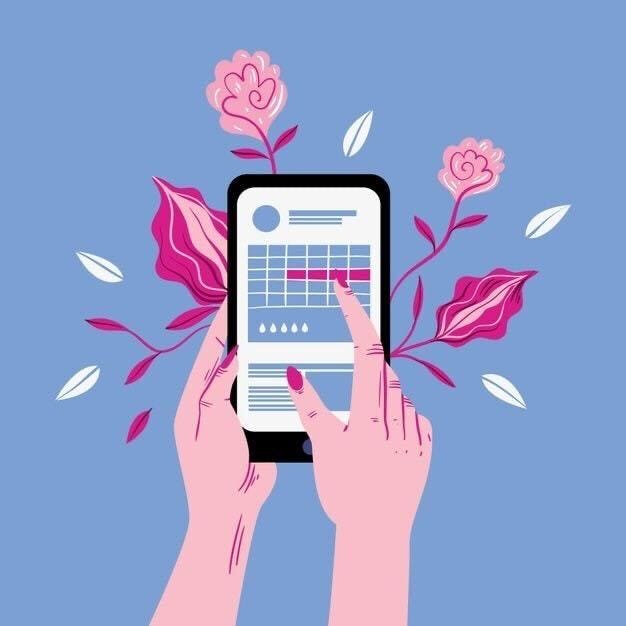Hormone hacking or being a hormone hostage?
Is the idea of 'cycle syncing' just another way for women to be defined by their bodies?
I’ve read a few articles and posts recently about the concept of ‘cycle syncing’. It’s not new news, but whereas previously the focus has been very much on how you can align your periods to better support your exercise habits, now women are looking at how being at different stages of their cycle impacts them in other areas of life, such as work.
What is cycle syncing?
It won’t be news to any fellow women that as we spin on the menstrual merry-go-round that is our period, our hormones fluctuate depending on which point we are at of the cycle.
“Cycle syncing refers to lifestyle modifications based on the timing of one’s cycle. For those who practice cycle syncing, the thought behind it is that changing one’s behaviors during different times of the cycles can help reduce intensity of symptoms and stabilize their mood,” Dr. Asima Ahmad, board-certified reproductive endocrinologist and chief medical officer of Carrot Fertility, told TODAY.com in an article last year.
In order to better manage both their mental and physical health across the span of their periods, women are starting to adjust their routines and daily habits to ‘sync’ with certain moments in their cycle. For example, doing less intensive workouts during certain phases, in order to preserve energy and improve their overall mood.
The concept was first developed by Alisa Vitti in her 2020 book In the FLO: Unlock Your Hormonal Advantage and Revolutionize Your Life. She theorized that women have an additional biological rhythm they experience every month, on top of the 24-hour clock that both men and women are attuned to. This is said to affect every part of their lives - productivity, energy and mood etc. This is split into four ‘phases’: follicular, ovulatory, luteal and menstrual. By tuning into these phases and making lifestyle changes to accommodate them, Vitti claims that you can radically improve your life by supporting hormone health and, subsequently, improve your energy levels and mood.
Recently, a nationwide study reported that women feel 33% less productive when they’re on their periods, equating to nine days a year that are lost through presenteeism (showing up to work but not actually working). Advocates of cycle syncing claim that by allocating specific tasks or types of work to different parts of your cycle, you can tackle work-based idleness, and make the most of the benefits of different phases, such as an increase in creativity (a 2021 study found that women tend to perform at their creative best when they’re ovulating).
Is it bloody bollocks though?
While there are some possible benefits, there hasn’t been a heap of research into the effectiveness of cycle syncing. And while I can appreciate and agree that there are definitely times during my own cycle when I feel less inclined to do certain types of work (I’m currently writing this on day two of my period and I feel so physically drained that typing feels like an extreme form of exercise), I’m not sure I agree with organizing our lives around when we bleed. It feels like a step back, rather than the empowering step forward it claims to be, and I can’t help but be reminded of cultural practices during which women on their period are isolated, or even exiled.
Suggesting that women might need different working patterns than men based purely on this particular bodily function also doesn’t sit well with me. Yes - let’s allow working mothers the flexibility to work around childcare commitments; let’s not standardize office temperatures based on how comfortable a man in a suit would feel; let’s provided support to women going through menopause, or suffering the crippling pain of endometriosis. But let’s not suggest that women are at a disadvantage in terms of their capabilities or productivity during a certain time of the month. It’s already so hard for women to get the respect, recognition and reward they deserve due to having a womb or daring to procreate, and I fear that establishing another point of difference between the sexes is just a way for women to be penalised against further. It also doesn’t take into account how trans people, non-binary people and those undergoing HRT could be supported which, again, feels like a step backwards and a very binary approach.
It’s also a very generalised way of considering menstrual cycles which, just among myself and my friends and my family, are WILDLY different. I was lucky enough to have the most miniscule of periods pre-baby, with no cramps or other symptoms, whereas my sister suffered with terrible period pains. So how can we tell swathes of women that they are guaranteed to work, or work out, better, just because they’re at a certain point in their cycle? I also wonder if there’s a commercial benefit to the notion - after all, what better way to track your cycle than through a (paid-for) app; which also has the added bonus of harvesting your personal information and health data.
Whether you believe in cycle syncing or not, it’s definitely not a bad thing to gain a better understanding of your own body. Having knowledge of fluctuations in your mood, weight, skin and energy could definitely be beneficial, but I don’t think we should let our lives be ruled by our cycles. I also don’t think we necessarily need to invest in apps and share our most personal details with our phones; a good, old-fashioned pen and calendar will do the job just as well. Personally, I don’t want to be ruled by my vagina (soz gal), so I’ll continue tracking the most basic of info on my period, mainly so I don’t ruin any pairs of pants…
What do you think about cycle syncing? Have you/would you try it?


